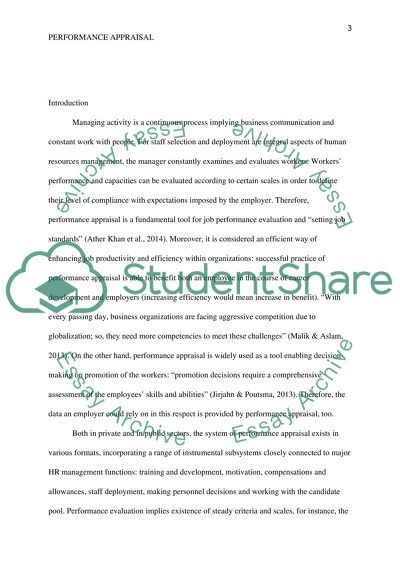Cite this document
(“Tackling the problems of Appraisal Essay Example | Topics and Well Written Essays - 2000 words”, n.d.)
Retrieved from https://studentshare.org/psychology/1683847-tackling-the-problems-of-appraisal
Retrieved from https://studentshare.org/psychology/1683847-tackling-the-problems-of-appraisal
(Tackling the Problems of Appraisal Essay Example | Topics and Well Written Essays - 2000 Words)
https://studentshare.org/psychology/1683847-tackling-the-problems-of-appraisal.
https://studentshare.org/psychology/1683847-tackling-the-problems-of-appraisal.
“Tackling the Problems of Appraisal Essay Example | Topics and Well Written Essays - 2000 Words”, n.d. https://studentshare.org/psychology/1683847-tackling-the-problems-of-appraisal.


